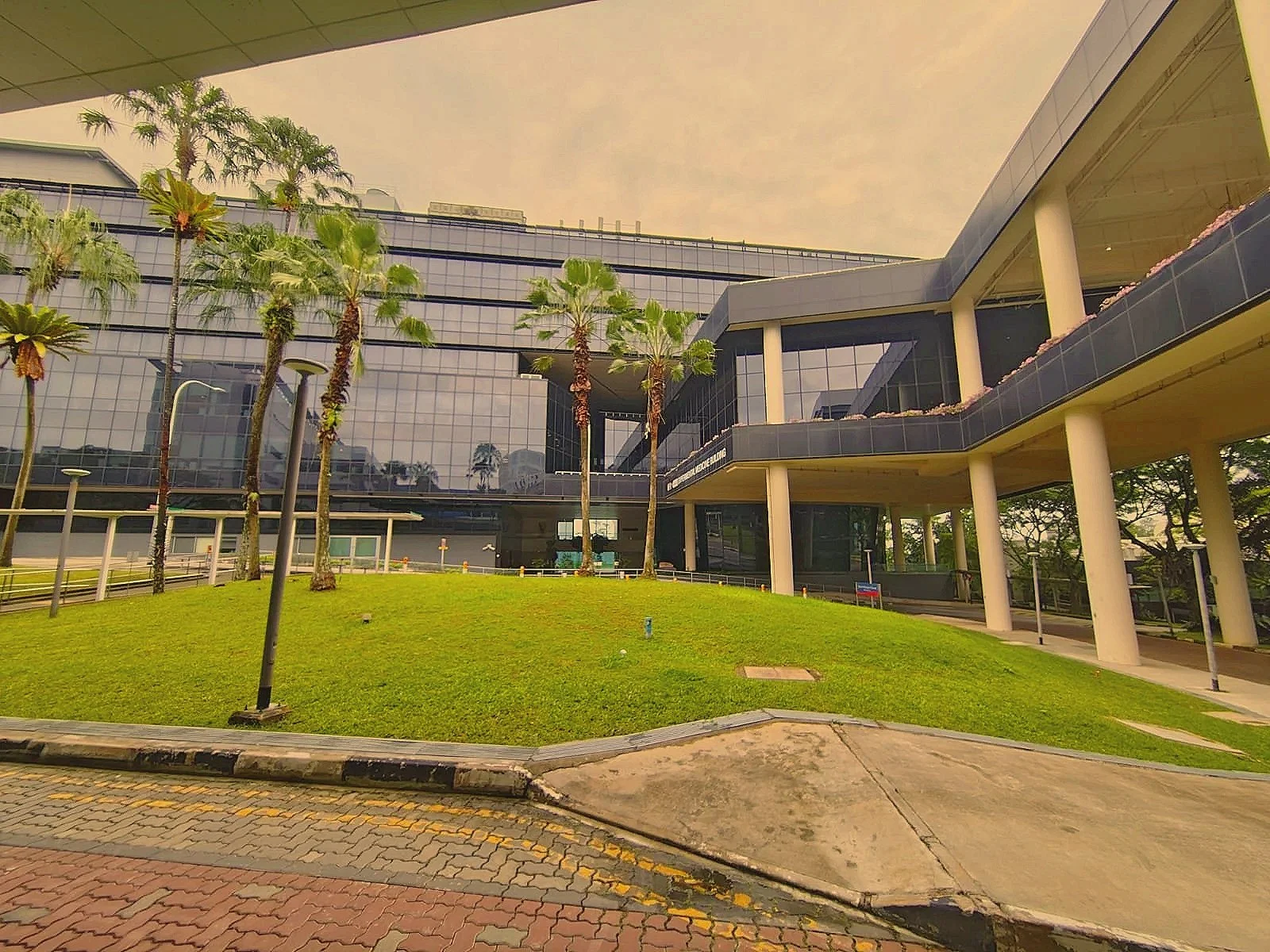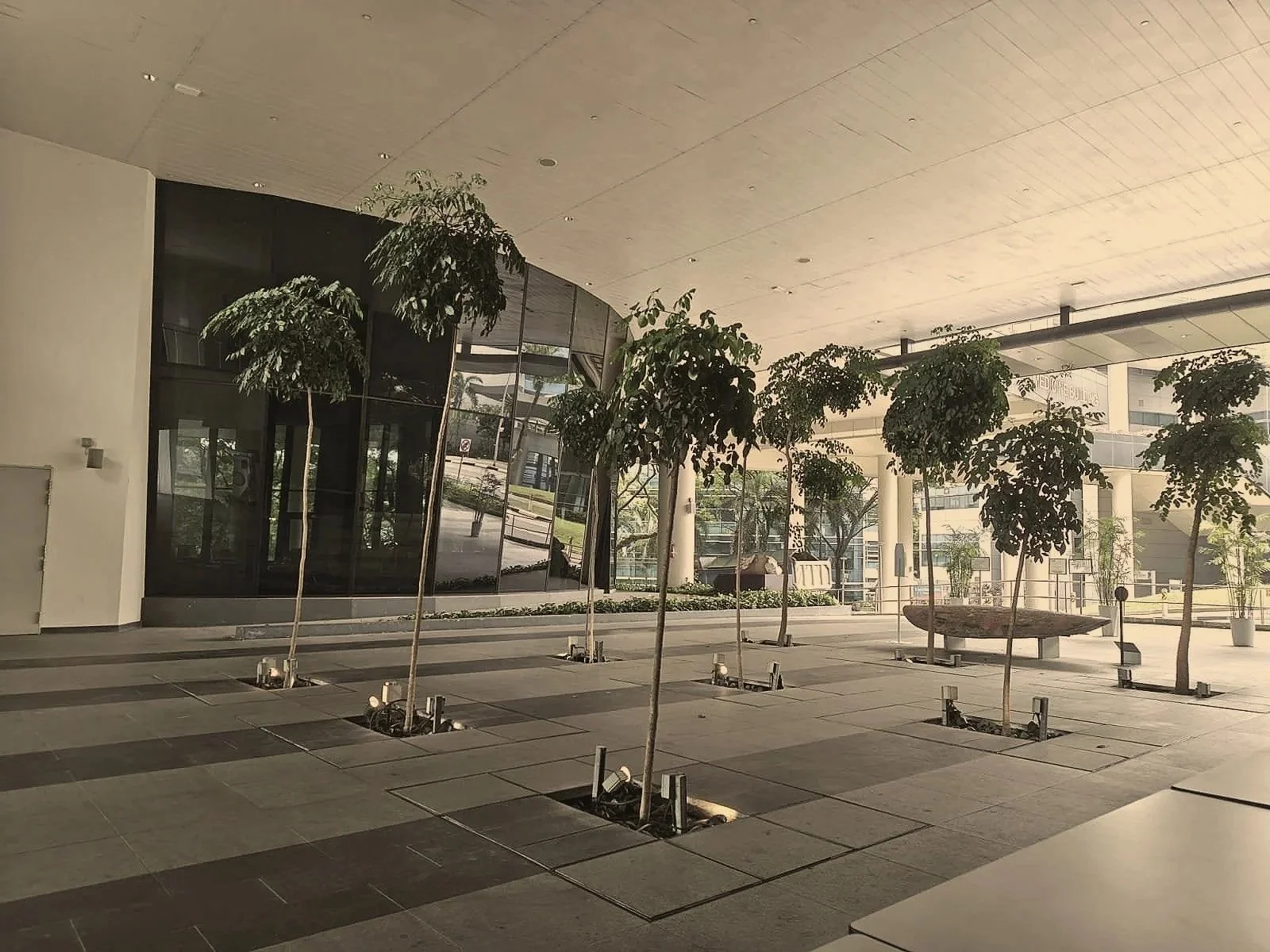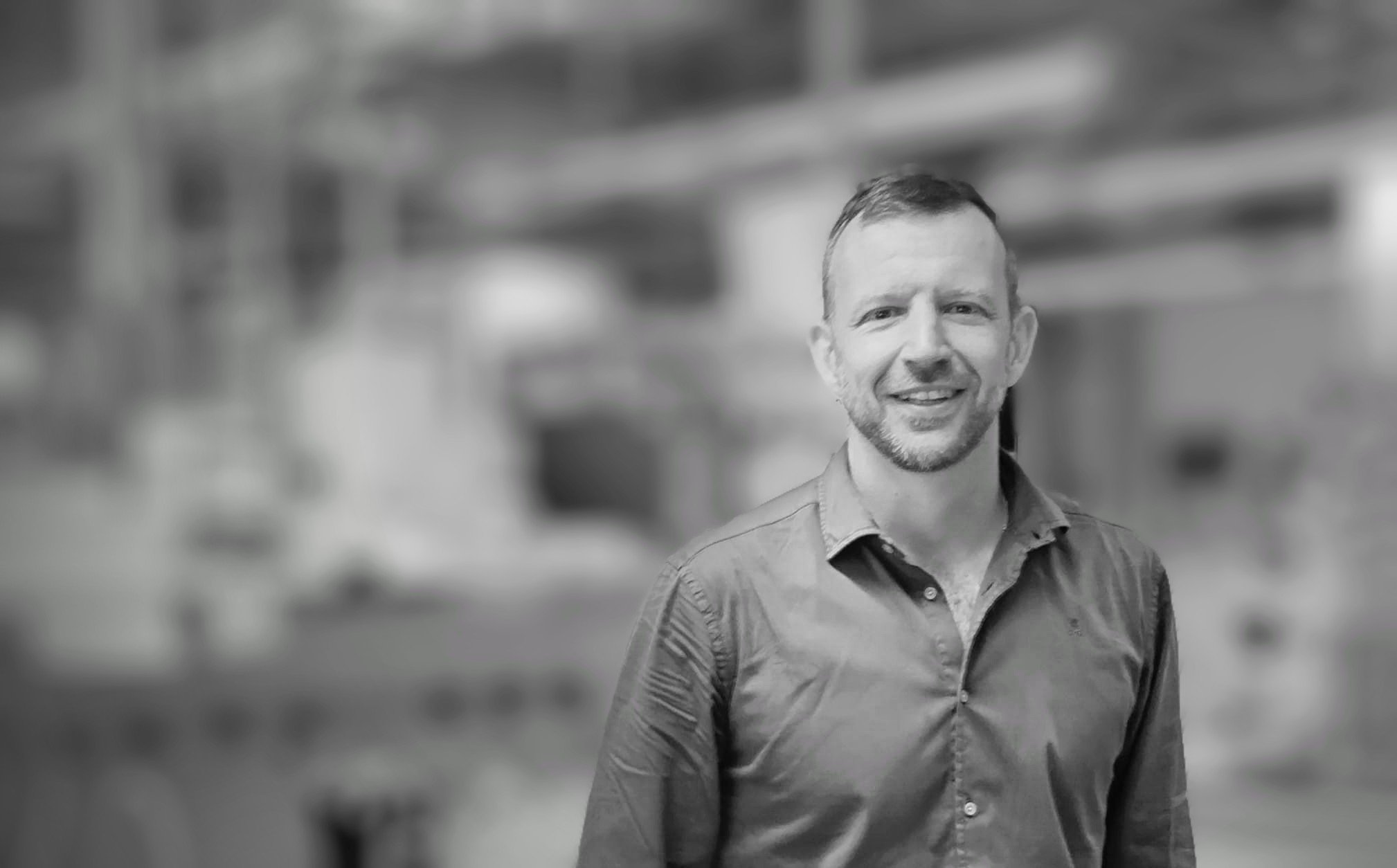
Our lab is driven by a simple question: how do cells reshape their membranes during infection and stress? Viruses and bacteria remodel host membranes to build replication niches or assemble new virions. These changes are sensed by cells and define specific defense/damge responses.
At the center of our research is a biochemical “lipid switch” called S-acylation (also known as S-palmitoylation), where proteins are reversibly modified with fatty acids. This versatile modification rewires protein activity, reorganizes organelles, and influences many aspects of biology, from metabolism to neurobiology, cancer, and immunity (cartoon).
We see research as a collective effort. In our lab, we encourage curiosity, bold ideas, and collaboration across disciplines. By blending perspectives from molecular biology, chemistry, imaging, and structural approaches, we aim to translate discoveries at the bench into concepts that can shape the future of medicine. Get in touch!
(For details see the Research section.)

Francisco Sarmento Mesquita
I obtained my Ph.D. in Cellular Microbiology at Imperial College London with David Holden, studying Salmonella pathogenesis and how bacteria evade autophagy. After a one-year career break, I returned to my hometown Porto as an EMBO-funded postdoc at i3S/IBMC with Didier Cabanes, where I investigated plasma membrane damage and, in collaboration with Serge Mostowy (LSHTM), developed zebrafish models for bacterial infections with pathogens such as Listeria and Streptococcus pneumoniae. In late 2018, I joined Gisou van der Goot’s lab at EPFL Lausanne as a Senior Scientist, where I led collaborative projects with several EPFL groups, including Giovanni D’Angelo and Didier Trono, as well as international partners. My work focused on how lipid modifications of viral and host proteins control virion composition and shape cellular organelles.
In August 2025, I started my lab at LKCMedicine, NTU, where we continue this collaborative and integrative approach to study how lipid modifications influence viral and host membranes during infection, and how these changes connect to host defense, immunity, and disease—a path made possible thanks to the guidance of great supervisors and the support of outstanding colleagues and collaborators.

